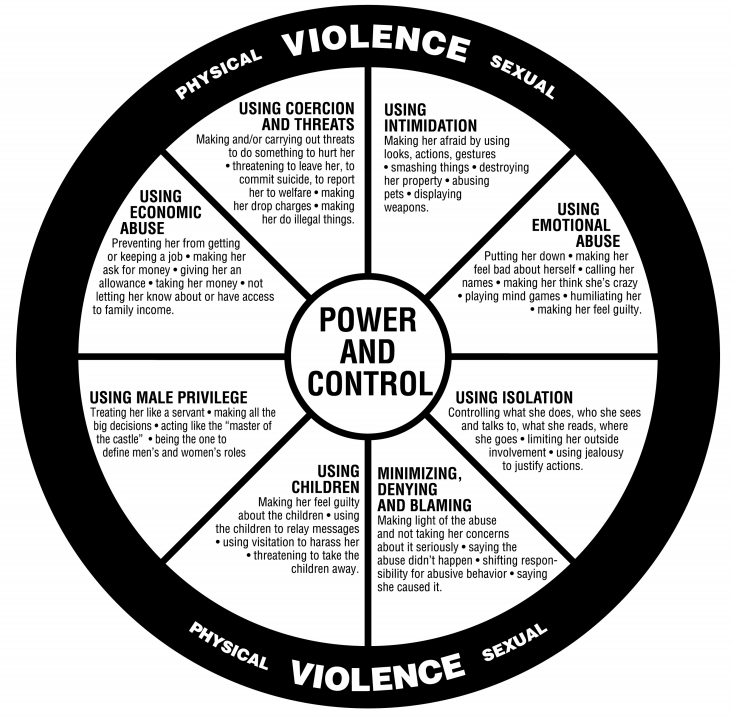Araceli Quino
February is the Teen Dating Violence Awareness Month, a worldwide effort to raise awareness for those who suffer dating abuse in relationships, both physically and emotionally.
According to the Domestic Violence Awareness Project (DVAP), “domestic violence is best understood as a pattern of abusive behaviors– including physical, sexual, and psychological attacks as well as economic coercion–used by one intimate partner against another (adult or adolescent) to gain, maintain, or regain power and control in the relationship.”
Congress declared the month of February to be National Teen Dating Violence Awareness and Prevention Month in 2010. Physical abuse, such as attacking or hitting another, is not the only type of domestic violence. There is also verbal, emotional, and sexual abuse. Eight percent of U.S. high school students reported physical abuse in their relationships. This can lead teens to have long-term issues such as alcoholism, eating disorders, depression, violent behaviors, and lowered self-esteem.
Academy 8 School Counselor Christina Mendoza, who has been working at T.C. for six years has always had an interest in working with students who are struggling with dating violence. “Abusive relationships are actually more common than what people think in high school,” said Mendoza. “an unhealthy relationship looks like ‘my partner is calling me names or teasing me or telling me who to be friends with, who to see and who not to see, what to wear,’ small little things like that” said Mendoza.
There are many obvious signs of relationship abuse, which can be evident to the victim or their friends and family. Social Worker Cynthia Diaz said that if you are unsure of whether your relationship is toxic it is important to “really trust your gut and how you are really feeling about things. Having someone who you feel like you can trust and talk to, whether that’s a friend or a teacher or anyone really is important.” Every situation is different, some seek help, while others do not notice the signs, and some who notice these bad signs choose not to seek help. “Those who might be in abusive relationship truly love and care about their partner, so it can be very difficult to end those relationships even if they are abusive” said Diaz.
If they find themselves in an abusive relationship, students can seek help from their school counselors or social workers. Mendoza also encourages students to “speak to their parents. Sometimes it can be a little difficult for students to do that, but we really encourage them to ask for help.”
Further Information and Help
If you are aware of or suspect that you or someone you know is suffering from domestic violence, reach out for further help by calling the National Domestic Violence Hotline at 1−800−799−7233 or TTY 1−800−787−3224. You can also visit your school counselor or other resources at your school.


